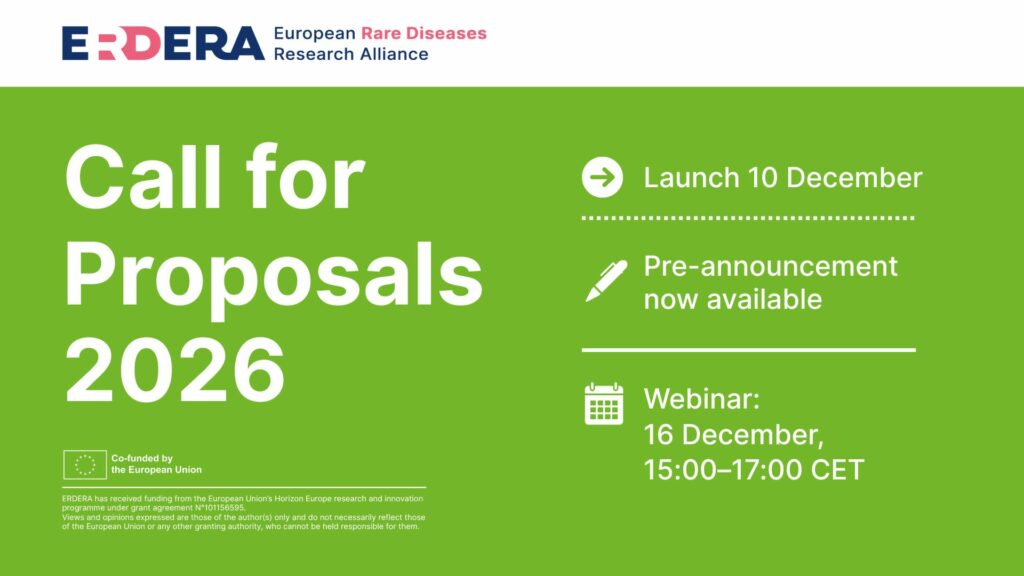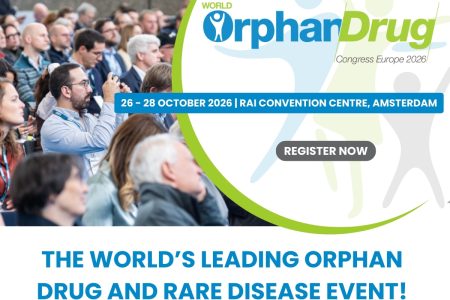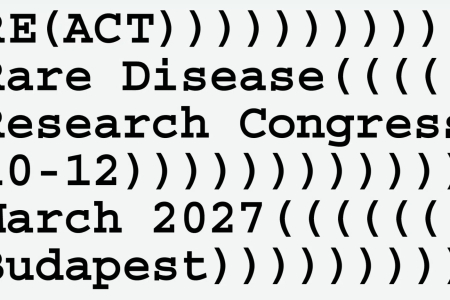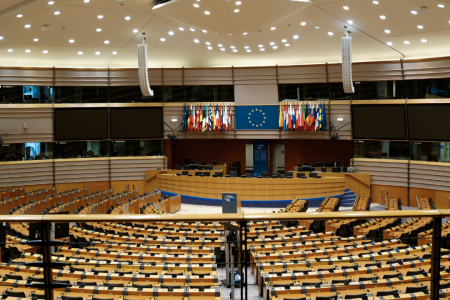On 10 December 2025, ERDERA will launch its 2026 Joint Transnational Call, “Resolving unsolved cases in rare genetic and non‑genetic diseases”. The call will welcome proposals focused on providing diagnostic clarity in unsolved rare genetic and non‑genetic diseases.
A detailed pre‑announcement is available here. It describes the forthcoming opportunity for multinational research teams to apply and will be updated with the full call when it launches.
An information webinar for potential applicants will take place on 16 December, 15:00–17:00 CET. More information can be found through this link.
Around 50% of individuals suspected of a rare genetic condition remain undiagnosed or misdiagnosed despite standard clinical genetics care, while an estimated 10% of rare diseases are non‑genetic and remain under‑investigated. This call aims to close those gaps by funding interdisciplinary collaborations that deliver diagnostic evidence and ultimately benefit patients and their families.
What the call will target
The call will support research that identifies causative variants in undiagnosed rare genetic diseases and addresses complex, multifactorial rare non‑genetic diseases, including patients with no molecular diagnosis after prior genetic or genomic testing.
Proposals should develop or apply approaches such as functional validation of variants of uncertain significance, integrative multi‑omics, advanced bioinformatics and AI‑enabled annotation, systems biology and disease‑mechanism modelling, and the integration of clinical, environmental, lifestyle and sensor‑derived data.
Developing knowledge graphs or disease maps and using state‑of‑the‑art modelling tools to link phenotypes with mechanisms are in scope. Pre‑clinical therapy development and interventional clinical trials are out of scope.

Who can apply and how consortia should be organised
Subject to national and regional rules, applications are open to academia, the clinical and public‑health sector, enterprises of all sizes (with encouragement for SMEs), and patient advocacy organisations.
Only transnational projects will be funded. Consortia must include four to six eligible principal‑investigator partners from at least four participating countries, with a maximum of two eligible partners per country; in specific cases, consortia may expand to eight partners. Patient partners, whether requesting funding or not, do not count towards the total.
A coordinator from an ERDERA JTC 2026 funding country or region, who must be an eligible project partner, will lead scientific coordination and reporting. Collaborators may join with their own resources, and subcontracting is possible where national rules allow; these roles do not count towards partner limits but must be described.
The list of countries that have expressed interest in participating in the call is: Austria, Belgium, Bulgaria, Canada, Czech Republic, Denmark, Estonia, France, Germany, Hungary, Ireland, Israel, Italy, Latvia, Lithuania, Luxembourg, Norway, Poland, Portugal, Slovakia, Spain, Sweden, The Netherlands, and Türkiye. Malta-based researchers can also participate as collaborators only following the specific cooperation between ERDERA with the Funding Agency Xjenza Malta.
Why this matters and how it aligns with ERDERA
This call is part of ERDERA’s Funding workstream, which mobilises resources to accelerate high‑quality, cross‑border research with a clear path to benefit for people living with a rare disease.
By prioritising functional genomics, advanced data integration and robust analytical methods, the scheme aims to shorten diagnostic journeys and create evidence that informs care, research readiness and trial participation across Europe.
Patient and public involvement and engagement (PPIE) is embedded throughout the call: patient partners are expected from the outset, contribute to priority‑setting and study design, and take part in governance and reporting.
This ensures projects address patient‑need, improve inclusivity and deliver outputs that are more readily translated into clinical practice through ERDERA’s Clinical Research Network, Data Services Hub and Expertise Services Hub.
Key timeline at a glance
- The call is planned to open on 10 December 2025.
- An information webinar for potential applicants will take place on 16 December 2025, 15:00–17:00 CET. Note that spots are limited.
- The pre‑proposal deadline is planned for 12 February 2026, with eligibility checks by 4 March and invitations to submit full proposals in early May.
- A second webinar for invited applicants is currently being planned for May.
- Full proposals are expected by 8 July 2026, with eligibility checks on 23 July and funding decisions notified in December 2026.
These dates are indicative and may change in the final call text.
Next steps
ERDERA will publish the full call text, national/regional annexes and submission links on the call page. The content and procedures outlined in this pre‑announcement may change and are not legally binding.
ERDERA’s priority remains enabling earlier diagnosis and better outcomes for people living with a rare disease through strong European collaboration.





